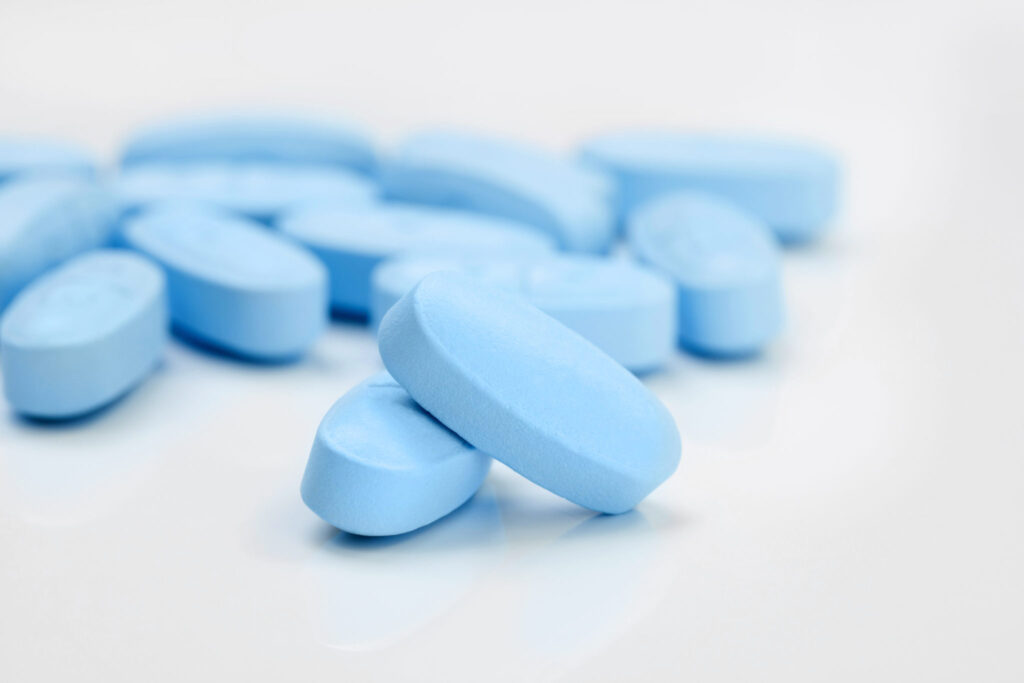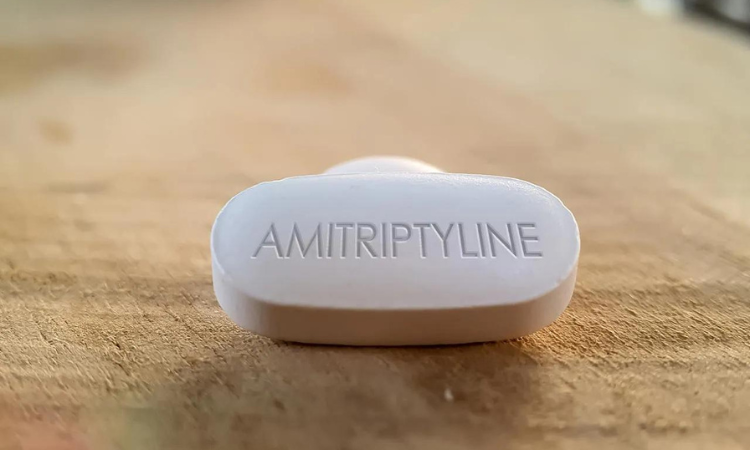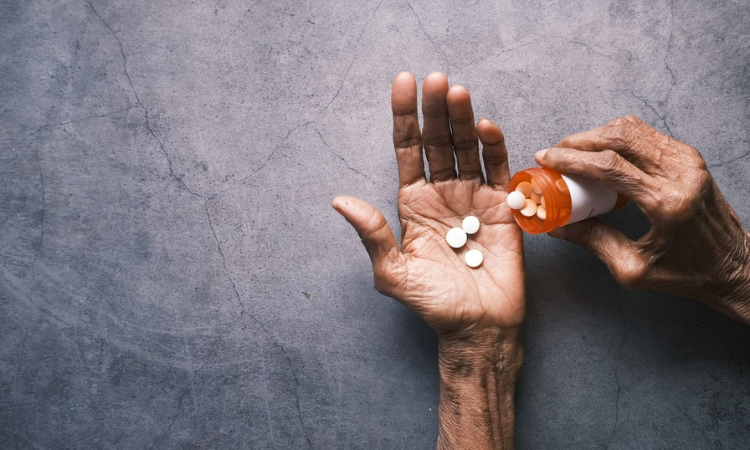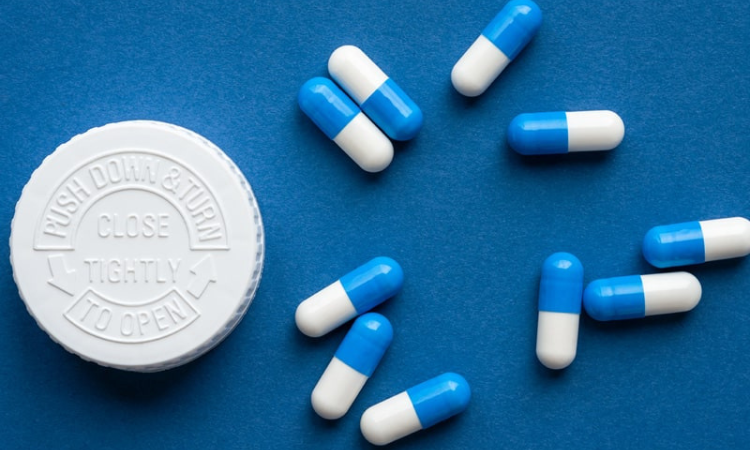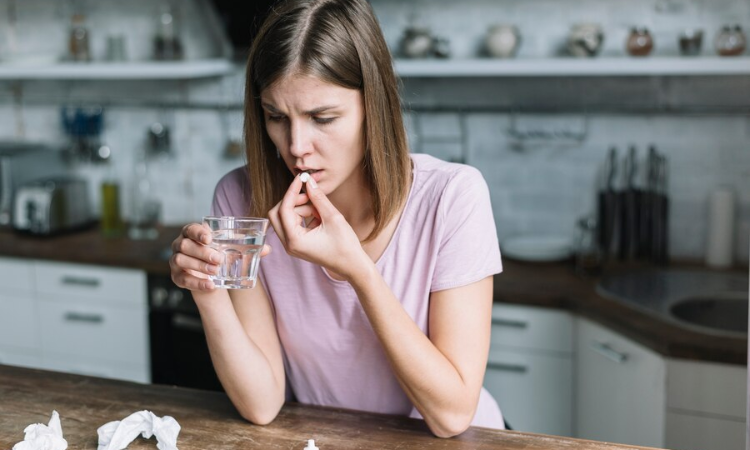A common way to define a Personality Disorder (PD) is via the way you have life-long thoughts about yourself and others around you. They largely differ in your shared cultural or peer group. You may not see the world as others in your group do. This determines your level of participation in social groups, workplaces, family gatherings, etc. A sad part here is that people with personality disorders do not realize that there is some sort of discrepancy in the way they think, expect, and behave. Let us learn more about the most effective treatment for borderline personality disorder.
Borderline personality disorder and antisocial personality disorder are the most common personality disorders. But before you learn about their effective treatment plan, let us tell you a little more about the types of PDs.
Diagnostic and Statistical Manual of Mental Disorders (DSM-5) groups 10 types of personality disorders under 3 clusters.
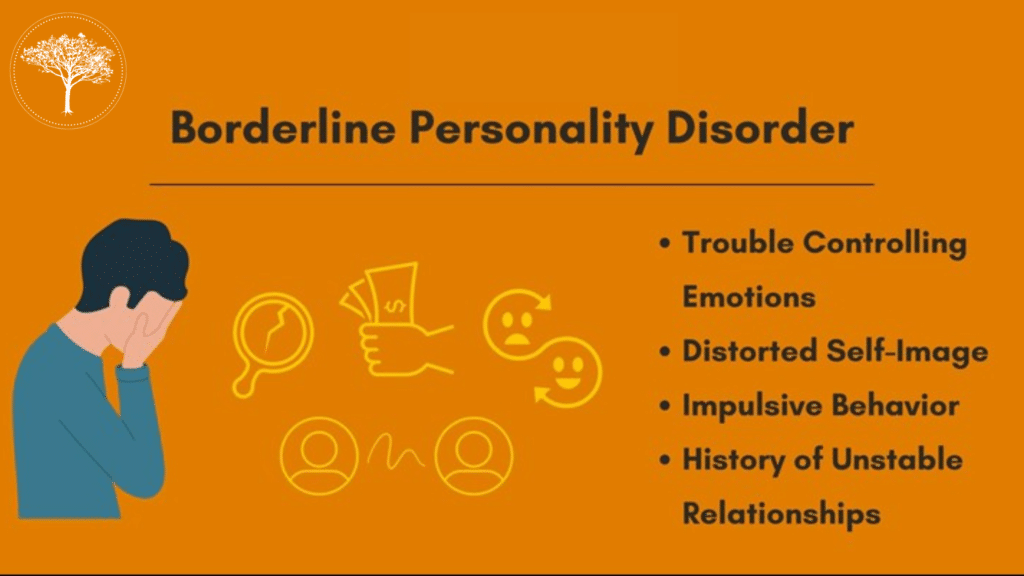
Cluster A Personality Disorders and the most effective treatment for borderline personality disorder
People with Cluster A personality disorders may find it difficult to engage and relate with others. They’re often viewed as strange or eccentric. Three types of disorders fall under this.
- Paranoid Personality Disorder
- Schizoid Personality Disorder
- Schizotypal Personality Disorder
Effective Treatment Plan for Cluster A PDs
Its treatment is usually more therapeutic but in some cases, medicines are needed too.
Psychotherapy
- Cognitive Behavioral Therapy (CBT) for reframing the perspective you hold about the world and life.
- Dialectical Behavioral Therapy (DBT) helps you understand what a meaningful life to you means.
- Psychodynamic Therapy helps you dive deep into your emotions and learn about yourself so that you can work on the root problems.
Medication
If you have overlapping symptoms of other conditions like depression, then you’re given medicines like antipsychotics and antidepressants.
Cluster B Personality Disorder
People with Cluster B personality disorders show impulsive behavior and have instability of emotions. Four types of disorders fall under this.
- Antisocial Personality Disorder (ASPD)
- Borderline Personality Disorder (BPD)
- Histrionic Personality Disorder
- Narcissistic Personality Disorder
Effective Treatment Plan for Cluster B PDs
Cluster B PDs involve a higher subjectivity to distress, substance use disorder, hospitalization, and more. Its treatment is pretty similar to Cluster A PDs. Since ASPD and BPD are among the most common personality disorders, let’s discuss their treatment plans in detail.
Effective Treatment Plan for Borderline Personality Disorder (BPD)
People with BPD suffer from high levels of difficulty in their interpersonal relationships which increases the chances of self-harm and suicidal thoughts. It’s curable with the most effective treatments.
Psychotherapy
One of the most effective treatments for BPD is psychotherapy. It helps you have control over your thoughts and actions. It helps you find meaning in your life and helps you with overcoming self-harm thoughts. The following types of psychotherapies or talk therapies are the most effective.
- Dialectical Behavioral Therapy (DBT)
DBT is specifically structured to treat BPD. As per DBT’s conceptualization, two factors lead to BPD.
- Emotional vulnerability
- Dismissal of emotions by others around you
To help you with these two factors, DBT has broken its therapeutic process into two goals.
- Help you validate your emotions
- Help you be open to ideas that do not match yours
A DBT therapist will help you break free from the rigid ways you see life and relationships. They will do so via individual and group therapy sessions.
- Mentalization-Based Therapy (MBT)
An important part of mentalization is the analysis and interpretation of mental thoughts. It requires you to recognize that they won’t always be right. The goal of MBT is to help you “step back” from self-harm thoughts like suicidal thoughts.
Medication
- Antidepressants: Nearly 80% of people take antidepressants as the most effective treatment for BPD. The following antidepressants are most commonly prescribed.
- Monoamine Oxidase Inhibitors (MAOIs): By blocking the monoamine oxidase enzyme, MAOIs increase the levels of neurotransmitters (norepinephrine, serotonin, and dopamine). This allows them to work on brain cells affected by depression.
- Selective Serotonin Reuptake Inhibitors (SSRIs): SSRIs increase serotonin levels, positively impacting mood, sleep, and emotions. They help lower the levels of impulsivity of actions and improve the stability of emotions.
- Mood Stabilizers and Anticonvulsants: About 36% of people take mood stabilizers and anticonvulsants to treat BPD. They help with anger, impulsivity of actions, instability of emotions, interpersonal dysfunction, etc.
- Antipsychotics – Commonly prescribed antipsychotics include Haldol, Loxitane, and Navane. These help with the reduction of aggression
- Anxiolytics – People diagnosed with BPD may have severe anxiety. Thus, anxiolytics are given. They increase GABA, a natural calming agent, that reduces brain activity. Commonly prescribed medicines include Ativan, Valium, and Xanax.
Effective Treatment Plan for Antisocial Personality Disorder (ASPD)
Common symptoms of ASPD include recklessness, aggression towards others, and manipulation of behavior. If you’ve ASPD, you may also feel no remorse for your actions. It can be cured by the following.
Psychotherapy
Cognitive Behavioral Therapy (CBT) is one of the most effective therapies which includes Individual Therapy, Group Therapy, and Family Therapy. It helps you identify maladaptation and dysfunction in your behavior and thought processes. It also helps you see the consequences of your actions on others. Thus, it enables you to replace anything unhealthy with something that can improve your life.
MBT also helps treat ASPD by reducing the risk of antisocial behavior.
Medication
The medicines prescribed for APSD are the same as for BPD. These help in the release of calming neurotransmitters which help with the reduction of antisocial behavior.
Cluster C Personality Disorder
People with Cluster C personality disorder most likely suffer from intense levels of anxiety and fear. Three types of disorders fall under this.
- Avoidant Personality Disorder
- Dependent Personality Disorder (DPD)
- Obsessive-Compulsive Personality Disorder (OCPD)
Effective Treatment Plan for Cluster C PDs
Let us take you through the treatment plan for Dependent Personality Disorder as dependent behavior is found to be the most triggering for anxiety.
Effective Treatment Plan for Dependent Personality Disorder
You may be called “clingy” because of your excessive need to be cared for by others. There are no commonly prescribed medicines to treat DPD unless you’re also diagnosed with extreme anxiety or depression. However, the following types of therapies can help.
Psychotherapy
1. Psychodynamic Therapy: Psychodynamic Therapy involves examining past relationships that encourage dependent behavior. Cognitive therapists use questioning to identify and correct incorrect beliefs about relationships. Therapists emphasize to the client that independence and confidence are the opposite of submission in relationships, not control over others.
2. Cognitive-Existential Therapy: People with DPD often struggle with decision-making due to a strong desire to be cared for. Cognitive-Existential Therapy (CET) teaches mindfulness and reframes care-seeking behavior to promote mindful decision-making. CET involves four steps: engagement, pattern search, change, and termination. At the start of CET, the therapist explores the client’s issues through either cognitive or existential lenses to best understand their personality.
Effective Treatment for Passive-Aggressive Personality Disorder (PAPD)
It is important to note that Passive-Aggressive Personality Disorder was removed from Cluster C and was added to Appendix B for further study. Its alternative name is Negativistic PD. It is characterized by procrastination, covert obstructionism, inefficiency, and stubbornness.
For the treatment of PAPD, there are no commonly prescribed medications. But antidepressants, anxiolytics, antipsychotics, or mood stabilizers are prescribed if you are diagnosed with other mental health conditions too. The therapeutic approach, however, includes the following.
Therapies like CBT can help you understand your thoughts and feelings that may be holding you back from communicating effectively with others. A therapist can also provide ways for you to express your emotions and communicate directly.
Conclusion
A personality disorder can greatly reduce the quality of life. The most effective treatment catering to the respective personality is often a combination of psychotherapy and medication. Relevance Recovery offers a variety of systematic treatment plans you can choose from but the one that’s most recommended is the borderline personality outpatient program where you get the leverage of taking therapy sessions in your comfort zone while doing the daily activities.
FAQs
What is the most effective treatment for borderline personality disorder?
Talk therapies are the most effective treatment for borderline personality disorder. The National Institute for Health and Care Excellence (NICE) recommends Dialectical Behavioral Therapy (DBT) and Mentalization-Based Therapy (MBT) to be the most effective. Other recommended therapies are Cognitive Behavioral Therapy (CBT) and Cognitive Analytic Therapy (CAT).
What are the common causes of the development of personality disorders?
There are no particular causes for the development of personality disorders but the following causes can potentially increase the risks of their development.
- Genetic history of mental disorders or illnesses
- Neglection of emotions by close ones like family and friends especially at an early age
- Infliction of abuse— verbal, physical, and sexual during childhood
- Low social and economic status
What makes BPD and bipolar disorder different from each other?
BPD and bipolar disorder have similarities in impulsivity and unstable emotional experiences. Individuals with borderline personality disorder may experience disturbances in their identity, like an unstable sense of self and chronic feelings of emptiness. They may also have relationships in which they alternate between extremes of seeing someone as good and bad. BPD may last over years, bipolar disorder can occur in episodes.
References
Cluster A Personality Disorders
Psychological Interventions for ASPD
Best treatments and therapies for BPD

